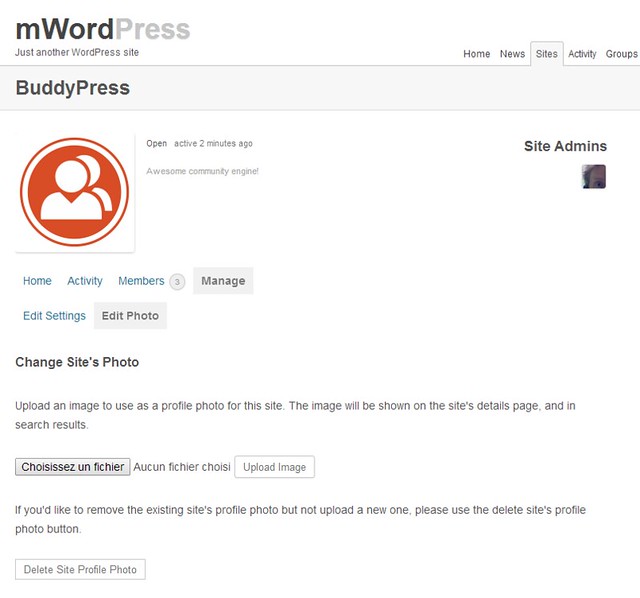In light of the delta variant of COVID, the WHO recently released a statement urging that fully vaccinated people continue to wear masks and practice social distancing. This seems to run counter to a lot of the messaging that vaccines are so effective. How can we think about this? If you're fully vaccinated and living in a place where case numbers continue to fall because there's a high vaccination coverage, I personally would feel safe going maskless in those circumstances. We know that vaccines are incredibly good at preventing people from becoming ill with the virus and getting clinical COVID We also know that if they do become infected, and maybe not even have symptoms, or have mild symptoms, that they're probably less likely to transmit it.
As a replacement for, experts suggest listening to their concerns, sharing data and medical advice as of trusted sources, and assuring them of your love and concern for them. All data and statistics are based on publicly available data at the time of publication. Some information can be out of date. Visit our coronavirus hub and follow our animate updates page for the most contemporary information on the COVID pandemic. The couple agrees not to vaccinate their three teenage children. While Jones hesitated to get vaccinated because she believes she is healthy and would claim from COVID, she ultimately felt a responsibility to her family. For Maria Osman, her husband, Dan, is the one worrying. Because her husband has a heart condition, Osman said she worried about him getting the vaccine due to her concern about ability effects on his heart. Like Jones and Osman, many people have bring into being they do not share the alike views about the COVID vaccine at the same time as their partner, which can put add stress on a relationship.
Although for healthy people, the fear of catching Covid should not be paralyzing, experts say. Getting vaccinated did not magically change that. For the ancient 13 months, Breshears, 44, of Buffalo, Minnesota, has not stepped foot classified a store or restaurant, not constant to pick up a takeout banquet. Any visits with family and friends have been over Zoom. When he received his second Covid shot earlier this month, he felt relief, he said — but with the bubonic plague still ongoing, he has found it impossible to turn off his angst. Kit Breshears. Breshears is far as of the only one in the concluding category. For the time being, a few timidness is a good thing, broadcast health experts say.
At the same time as we start to get toward the other side of this pandemic, a new anxiety has surfaced for many: getting the COVID vaccine. With a good number vaccines, it takes years for researchers to find funding and get approvals — but when the pandemic started, emergency funding was made immediately accessible which shortened the development timeline. A different part of the quick turnaround is simple probability. In March , delve into teams all over the world blocked what they were doing and started to work on creating a COVID vaccine. By the end of April , over 95 vaccines were body explored [i]. With COVID vaccine advance, if a vaccine failed, there was no need to start over — there were still many options so as to looked promising. A few other administer changes have helped speed things ahead too. Many manufacturers overlapped steps, akin to running the first two phases of trials at the same time.


